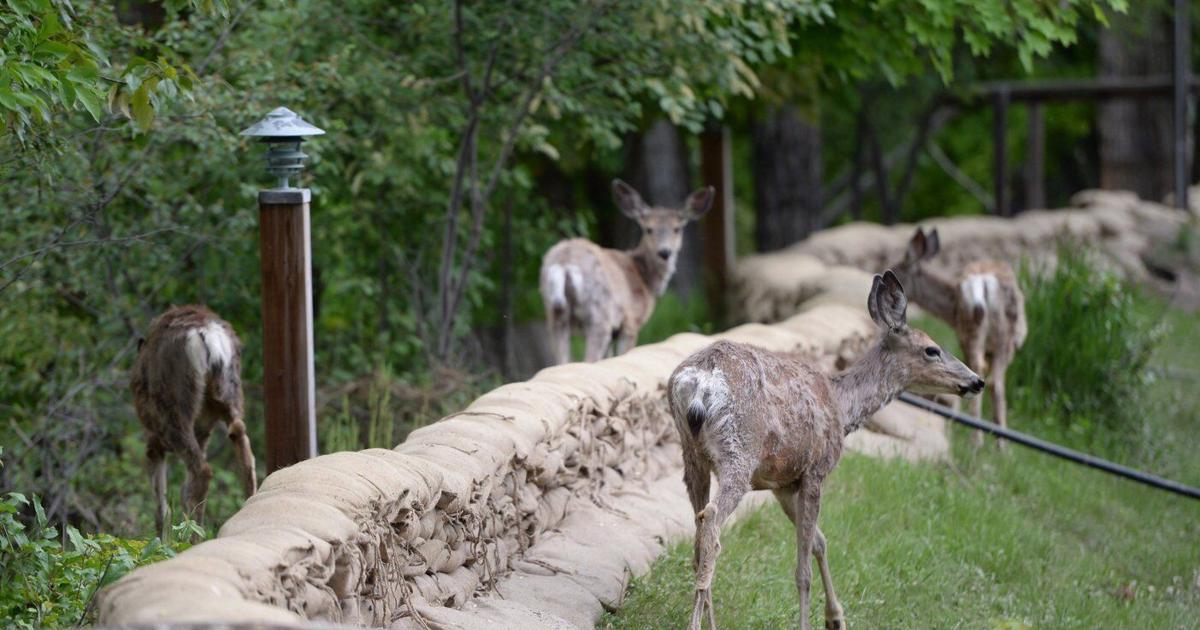BUENOS AIRES, Argentina (AP) — Two professional French rugby players were released from house arrest in Argentina on Monday but must remain in the country while they await trial on charges of aggravated sexual assault after an Argentine court order.
The court decision in Argentina’s western city of Mendoza, where the alleged assault occurred, marked a temporary victory for the two national team players, Hugo Auradou, 20, and Oscar Jegou, 21, who were arrested in early July after a woman filed a complaint accusing them of repeatedly raping her. The athletes deny the allegations and maintain their innocence.
The chilling account provided last month by the 39-year-old Argentine woman has rattled the French rugby world and prompted a media firestorm in Argentina.
In a court document seen by The Associated Press, deputy criminal prosecutor Gonzalo Nazar said that the severity of the alleged crimes initially obliged the players’ preventive detention, but that has changed as the case appeared to weaken.
Justifying the release of the detainees, Nazar cites “notable contradictions, inconsistencies, gray areas and even insufficient explanations” in the woman’s testimony. He mentions questionable evidence presented before the court, including a light-hearted phone conversation that the victim had with her friend the day that she reported the incident in which she joked about the sexual violence she experienced.
The standard of evidence “necessary for the public prosecutor to request preventive detention of the accused has not been met,” Nazar wrote in the court decision.
The athletes have admitted to having sex with the plaintiff — whom they met at a nightclub after winning a match against the Argentine Pumas in Mendoza — but insisted that the encounter was consensual.
After being arrested in Buenos Aires while their teammates continued their regional tour in Uruguay, Auradou and Jegou were moved to house arrest in Mendoza, where they have remained with ankle monitors for the past month.
In her criminal complaint, the woman alleged that Auradou and Jegou took her back to their five-star Mendoza hotel, subjected her to violent non-consensual sexual acts and prevented her from leaving their room. Her lawyer said she was later hospitalized for various injuries, including a bleeding ulcer, and received medical treatment for her state of shock and extreme stress.
Although freed from house arrest, the defendants still face restrictions as they await trial in the coming weeks, the court said. They are barred from leaving the country and their passports remain confiscated.
The crime of aggravated sexual assault in Argentina carries a prison sentence of up to 20 years.
___
Follow AP’s coverage of Latin America and the Caribbean at

























